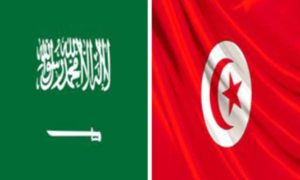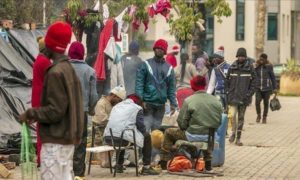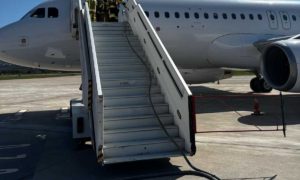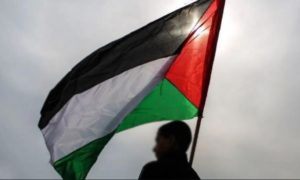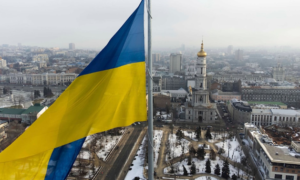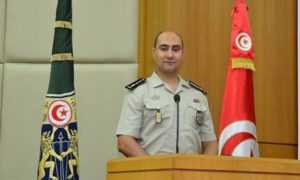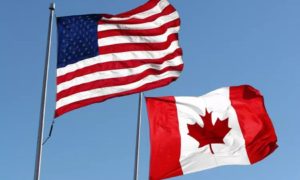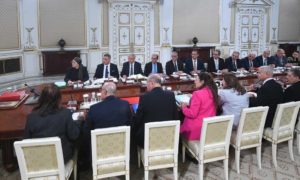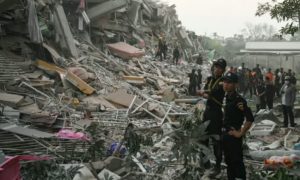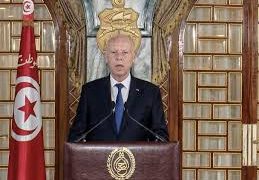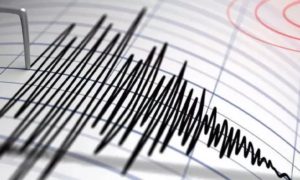The Swiss government revealed that the total value of Syrian assets frozen in its financial establishments is approximately 99 million Swiss francs, or $112 million, due to sanctions imposed since 2011.
These measures were adopted in coordination with the European Union to sanction the Bashar al-Assad regime and its allies, accused of serious human rights violations.
Funds not directly linked to Assad
Switzerland explained that these funds are not directly linked to former Syrian President Bashar al-Assad, who was recently overthrown by opposition factions after the capture of Damascus. This statement was confirmed by the Neue Zürcher Zeitung, a Swiss daily newspaper, according to which financial relations between Switzerland and Syria have been virtually non-existent since 2011.
At its peak, the Swiss banking system managed up to 130 million Swiss francs ($147 million) in frozen Syrian assets, according to data reported by Reuters. However, this sum has decreased over time.
Increased surveillance
After the fall of a dictator, attention often turns to Swiss banks, known for their legendary discretion. This phenomenon was repeated with the fall of Assad, as the Swiss daily pointed out. Nevertheless, Swiss banks appear to be little concerned by a potential “hunt for Assad’s millions”, given their almost total withdrawal from the Syrian market since the beginning of the civil war in 2011.
A banking system in retreat
Once attractive in the early 2000s, the Syrian market is no longer a priority for Swiss financial institutions. Today, Switzerland applies a sanctions list that includes 318 people and 87 entities linked to Syria and the former Assad regime, thus ending decades of family control over the country.
A reputation at stake
Swiss banks have long been criticized for their confidentiality policy, often perceived as a haven for suspicious fortunes. Yet, with the tightening of international rules, these institutions are adopting measures to limit their involvement in controversial affairs, such as those linked to the Syrian regime.
As Syria enters a new stage in its history, Switzerland’s role in managing these frozen funds could attract more attention, particularly in terms of how they will be used or redistributed in the future.
What's happening in Tunisia?
Subscribe to our Youtube channel for updates.







